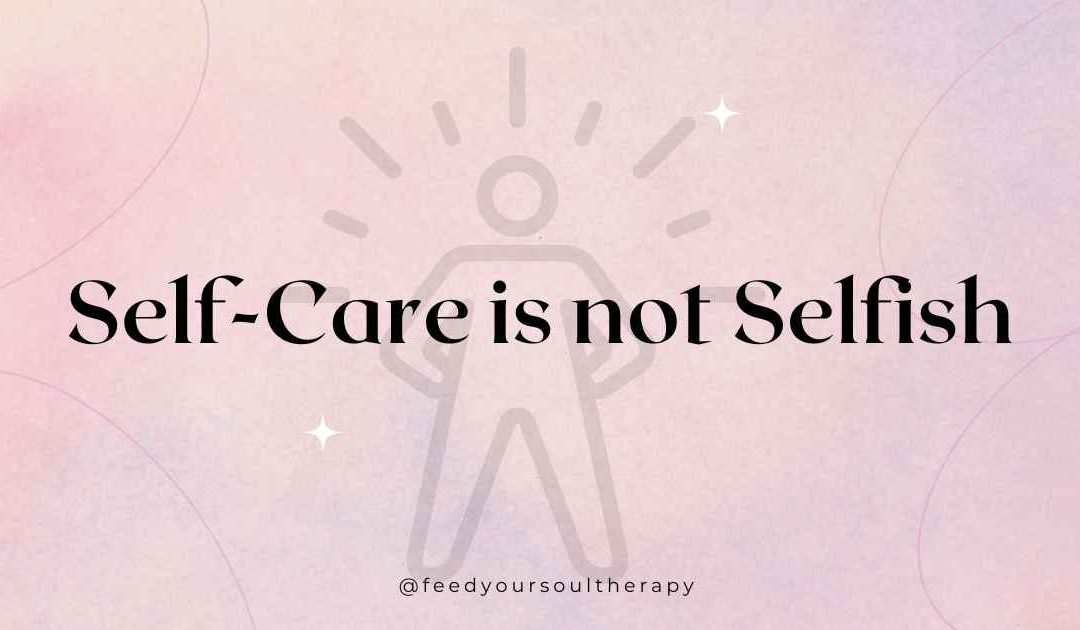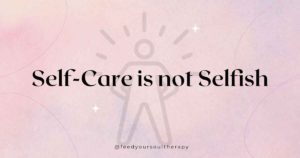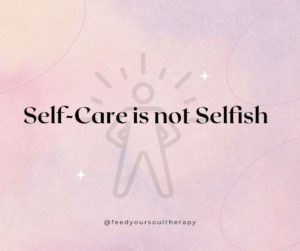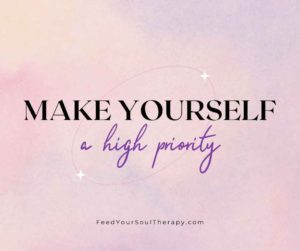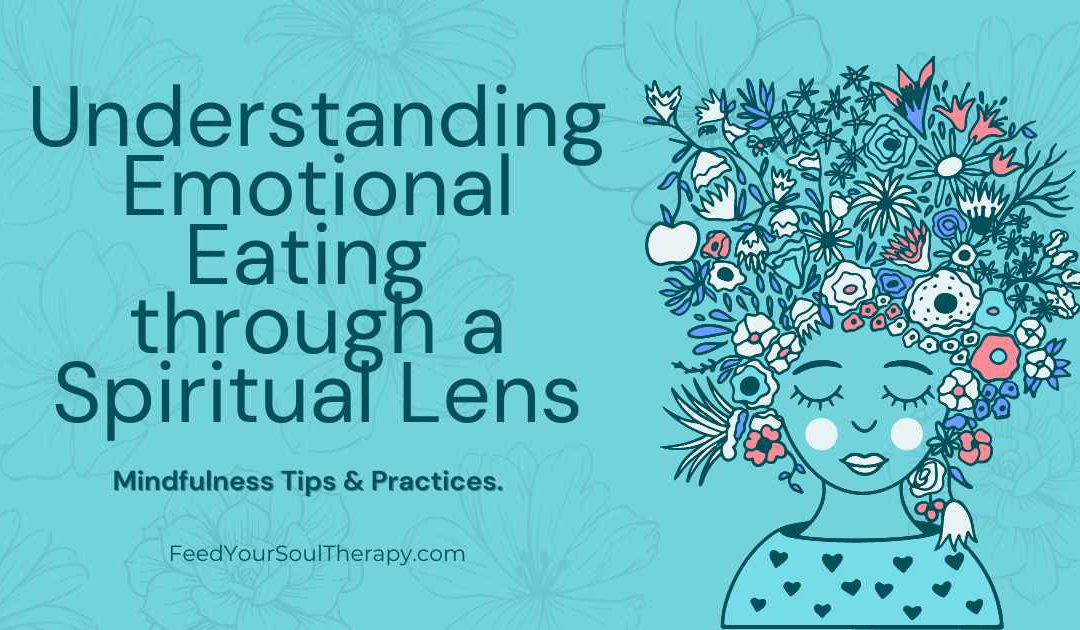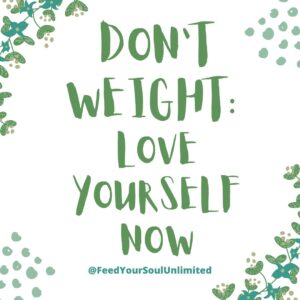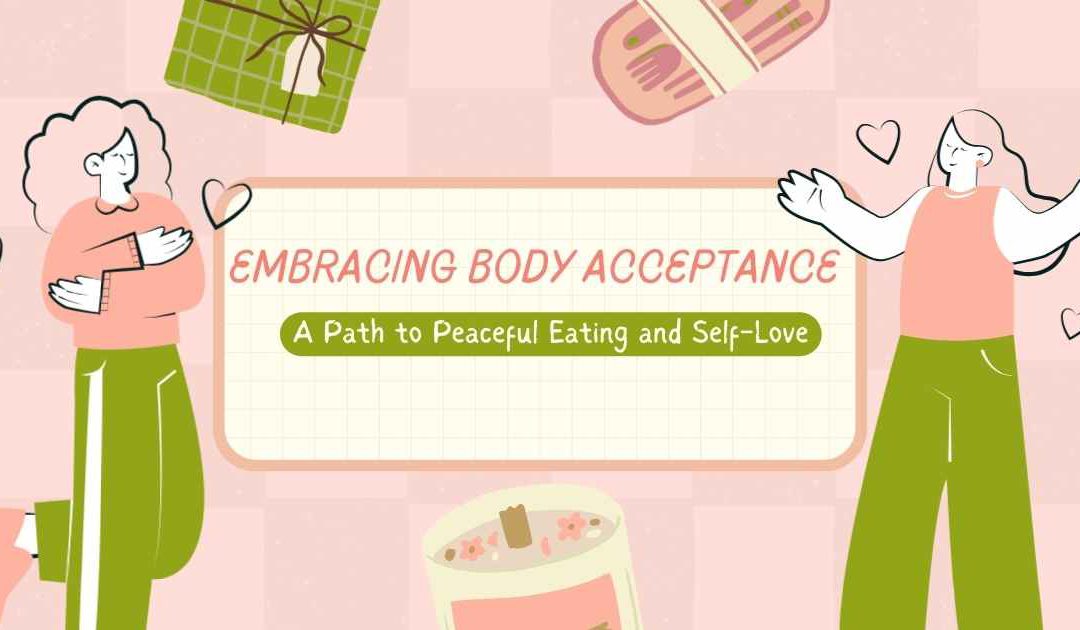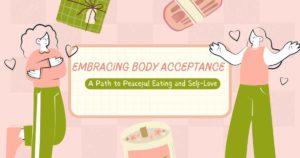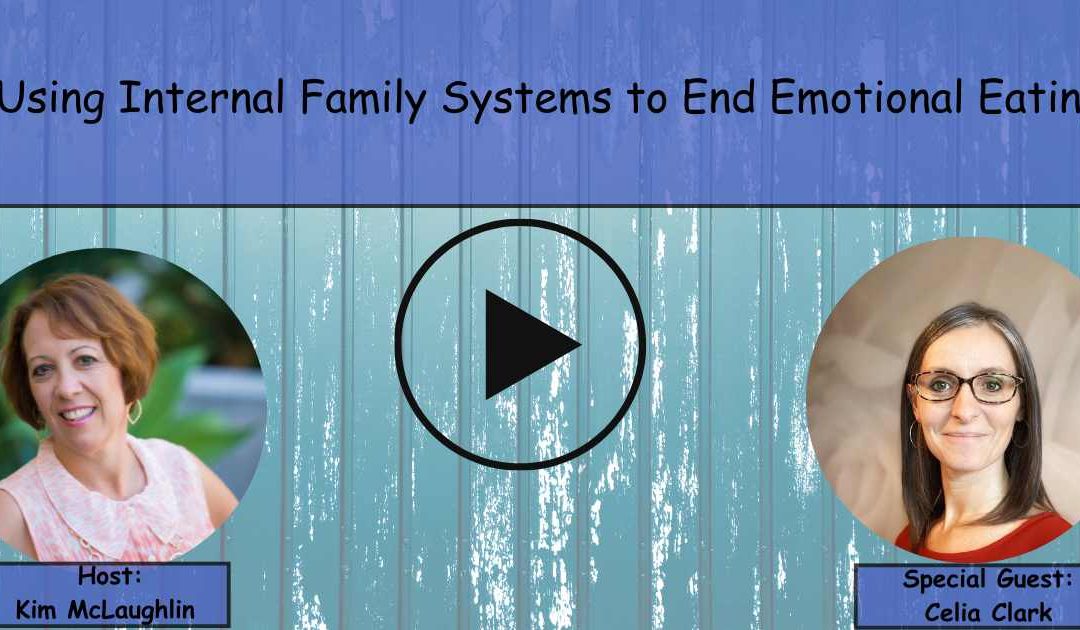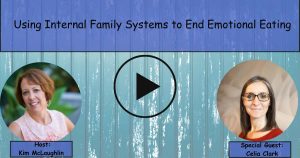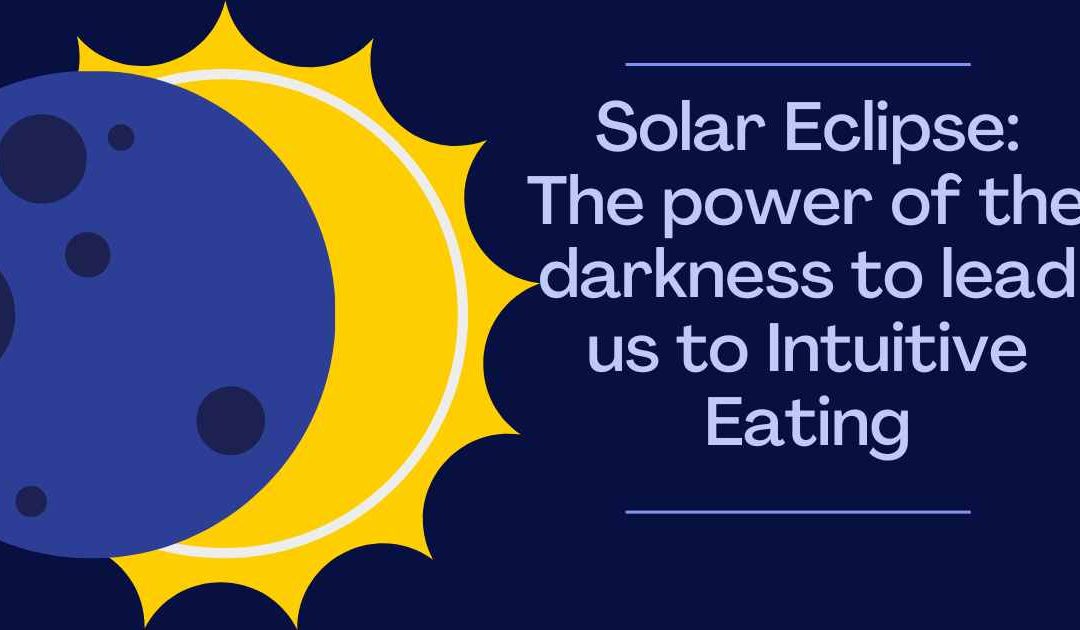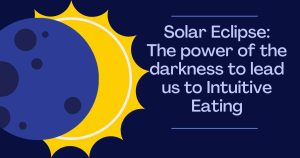
by KimMcLaughlin | Oct 16, 2024 | Self Care





You need to be more selfish.
I mean the type of selfishness where you think about yourself more often.
Women often ask, “Am I being too selfish?” I ask them to tell me more about what they mean, they want to know is it ok to put their needs first.
Women have been taught to put their needs second to their partners, their boss, and their children.
Let’s break out of this mold and see what the whole self-care movement is all about and determine if we are REALLY being selfish.
What is Selfishness?
- Selfishness typically refers to prioritizing one’s own needs and desires over others without considering their well-being or feelings.
- It often involves acting out of self-interest at the expense of others, disregarding their boundaries or emotions.
- Selfish behavior can lead to strained relationships, resentment, and a lack of empathy towards others.
What is so wrong about being selfish?
I think the problem with being selfish is we put our own needs over all the other people around us without consideration of their needs. Another term that fits for this is self-centered.
When we are selfish, it is all about ME!
This can be off putting and disrespectful of others. It can set them off to be mad at us for looking at only what we need without any regard to the others around us.
Selfishness indicates you are not having empathy for others and their situation.
You are attentive to your own thoughts and needs.
Women are praised for being nice.
Be a good girl, be nice.
What is Self-Care?
- Self-care, on the other hand, is a practice of taking intentional actions to prioritize one’s physical, emotional, and mental well-being.
- It involves recognizing and meeting your own needs in a healthy and balanced way.
- Self-care is rooted in self-compassion and acknowledges that taking care of yourself enables you to better support and care for others.
- Engaging in self-care can enhance overall well-being, reduce stress, and promote a positive mindset.
What is so wrong about Self-Care?
Self-care is totally about you and your needs. There is a way to engage in self-care and not be off putting as you are when you are selfish.
Self-care can be considered for others, but that can come second.

I have a motto, if I am not good for me, it is not good for you. I mean this to say when I am engaging in my own self-care, I am helping you.
How am I helping others when I engage in self-care?
- I am nicer to others when I engage in my own self-care.
- I am much more fun to be around when I take care of myself.
- I allow space for others to take care of themselves.
- I have more positive thoughts and behaviors when I engage in self-care.
While selfishness focuses solely on personal gain without regard for others, self-care emphasizes the importance of nurturing oneself to show up as the best version for both oneself and others. It is about finding balance and making choices that prioritize your well-being while still considering the needs of those around you.
In your journey towards making peace with food and your body, it is essential to engage in self-care practices.
It might be new to you to engage in self-care.
Self-care can be nourishing to your mind, body, and soul. It takes consideration to determine what is actually self-care for YOU. I find everyone is different and requires something personal to them.
Here are some ways to help you move into more self-care:
- Journal what selfishness means to you and what does self-care mean to me.
- Practicing mindfulness.
- Setting boundaries and let them know when the answer is NO!!!
- Seeking support from loved ones or professionals.
- Engaging in activities that bring you joy/fun.
- Prioritizing rest and relaxation.
I find that self-care leads me to be a better person.

I find that I am nicer, calmer and more discerning when I am engaging in more self-care. I tend to take deeper breaths and can determine what is my best course of action. I noticed the other day that I felt irritated. I realized that it had been days since I had engaged in self-care and my irritation was showing. Here is what I did:
- I noticed I felt irritated.
- I checked in with myself to wonder why.
- I noticed I had not engaged in self-care in over 5 days.
- I asked myself what I needed NOW to get some self-care relief.
I found after I had the above conversation with myself,
I realized I needed to take a break from the group I had been with for many days.
- I took a walk.
- Took deep breaths.
- Then I began some positive affirmations.
I then was able to feel calmer and more centered. Self-care worked!!!!
Self-care is not selfish; it is an act of self-love and empowerment.
When you take care of yourself, you can cultivate a healthier relationship with yourself, your body, and improving your overall well-being.
Ultimately, you will be more present for yourself and those around you.
Determine what you can start doing RIGHT NOW to engage in more self-care. Then notice how you feel. If it is working, you will feel much better.
In the end, embrace self-care is an essential part of your journey towards finding peace and fulfillment.
Kim McLaughlin, MA is a Psychotherapist (Licensed in California 27667), Speaker, Author, and Coach who specializes in working with people who suffer from binge eating and emotional eating. She is a Certified Intuitive Eating Counselor. She is the author of the best-selling book Feed Your Soul Nourish Your Life! A Six Step System to Peace with Food and the Amazon #1 Best Selling book Discovery Your Inspiration.
You can find Kim on her podcast Feed Your Soul with Kim and you can find it on all podcast platforms.
Interested in learning more about therapy with Kim McLaughlin? Learn more information here: https://feedyoursoultherapy.com/
Wondering if you are an emotional eater? Sign up for the free Am I an Emotional Eater Quiz.

by KimMcLaughlin | Sep 3, 2024 | Mindful Living




We live in a fast-paced world and many of us turn to food and overeating as a source of comfort during times of stress, sadness, boredom and loneliness.
Emotional eating is a common experience and can have profound effects on both our physical and emotional well-being.
However, when we delve deeper, we find that emotional eating often intersects with our spiritual journey.
Emotional eating’s intersection with spirituality reveals important insights about our inner selves and our quest for fulfillment.
What is Emotional Eating?
Emotional eating occurs when we use food to cope with our emotions and our lives rather than to satisfy physical hunger.
This can manifest as eating in response to stress, anxiety, depression, or even boredom/loneliness.
Occasional indulgence is a normal part of life, chronic emotional eating can lead to physical discomfort and may signal a deeper need for emotional and spiritual nourishment.
The Spiritual Dimension of Emotional Eating
From a spiritual perspective, emotional eating can be seen as a form of misalignment between our outer behaviors and our inner needs.
No matter what, our soul seeks balance, fulfillment, and connection.
Truthfully, when our needs are unmet, we may unconsciously turn to food as a substitute for the emotional and spiritual comfort we truly crave.
First, focus on Awareness and Mindfulness.
The journey toward understanding and healing from emotional eating begins with awareness.
Mindfulness practices can help us become more attuned to our emotional triggers and the reasons behind our eating patterns.
We can look to a variety of mindfulness practices to help us:
- Journaling
- Meditation
- Walking outside
- Reading
Without judgment, we can be mindful and observe our thoughts and feelings.
As we increase in mindfulness we can start to recognize when we are eating for emotional reasons rather than physical hunger.
Second, connect with your Inner Self.
Spiritual practices offer a gateway to connect with our deeper selves. Engaging in activities such as prayer, meditation, or spiritual reading can provide insight into our emotional needs and help us develop healthier coping mechanisms.
When we nourish our soul through these practices, we create a sense of inner peace and contentment that reduces the need for external comfort, including food.
Third, find fulfillment Beyond the Food.
True nourishment for the soul comes from addressing our core needs for love, purpose, and connection.
Furthermore, you could consider exploring activities that bring you joy and fulfillment like:
- Creative expression
- Meaningful relationships
- Community involvement
By focusing on these sources of nourishment, we can reduce our reliance on food as a means of emotional comfort.
It is important to approach this path with compassion and self-kindness.
Emotional eating is not a moral failure, but a signal that we need to explore and address our emotional and spiritual needs.
In the end, be gentle with yourself as you navigate this path and recognize that healing is a gradual process.
Focus on practical tips for integrating spiritual practices into your daily life.
- Set aside time each day for reflection or meditation. Even a few minutes can help center your thoughts and emotions.
- Keep a journal to write out your thoughts and emotions. This can reveal insights into your triggers and help you be more mindful.
- Seek out spiritual or support communities. Connecting with others on a similar journey can provide encouragement and shared wisdom.
- Engage in activities that feed your soul. For example use walking on grass, forgiveness and gratefulness as a regular part of your spiritual practice.
Finally, by addressing emotional eating through the lens of spirituality, we open ourselves to a deeper understanding of our needs and create a more balanced, fulfilling life.
Remember, nourishing your soul is a journey of self-discovery and growth. Every step you take towards greater awareness is a step towards true well-being.
 Kim McLaughlin, MA is a Psychotherapist, Speaker, Author, and Coach who specializes in working with people who suffer from binge eating and emotional eating. She is a Certified Intuitive Eating Counselor. She is the author of the best-selling book Feed Your Soul Nourish Your Life! A Six Step System to Peace with Food and the Amazon #1 Best Selling book Discovery Your Inspiration.
Kim McLaughlin, MA is a Psychotherapist, Speaker, Author, and Coach who specializes in working with people who suffer from binge eating and emotional eating. She is a Certified Intuitive Eating Counselor. She is the author of the best-selling book Feed Your Soul Nourish Your Life! A Six Step System to Peace with Food and the Amazon #1 Best Selling book Discovery Your Inspiration.
You can find Kim on her podcast Feed Your Soul with Kim and you can find it on all podcast platforms.
Wondering if you are an emotional eater? Sign up for the free Am I an Emotional Eater Quiz.

by KimMcLaughlin | Aug 9, 2024 | Emotional Eating





Do you find yourself constantly judging your body? Are you tired of feeling frustrated and overwhelmed by societal expectations?
You are not alone.
Many women struggle with body judgment, but the good news is that it doesn’t have to be this way. Let’s explore some strategies to help you end body judgment and make peace with your body.
What is Body Judgment?
Body judgment is a learned behavior that stems from societal standards of beauty and perfection. From a young age, we are bombarded with messages about what our bodies should look like, leading us to internalize these ideals and constantly compare ourselves to them. This constant comparison fuels body judgment and creates a negative cycle that can be difficult to break.
The impact of Body Judgment is negative.
Body judgment takes a toll on you. Some ways body judgment shows up is:
- Mental health (depression, anxiety)
- Body (yo-yo dieting)
- Self-esteem (feeling bad about yourself)
- Overall well-being
Constantly criticizing and condemning your body leads to low self-esteem, anxiety, and even disordered eating patterns. It hinders your ability to fully be present in your life and prevents you from embracing your true self. It’s time to break free from this destructive mindset.
You must shift your mindset about body judgment.
- Challenge societal standards. Recognize that beauty comes in all shapes and sizes. Begin questioning the unrealistic ideals presented by the media and challenge their influence on your perception of yourself.
- Practice self-compassion: Treat yourself with kindness and understanding. Remember that nobody is perfect, and it’s okay (and normal!) to have imperfections.
- Focus on what your body can do: Instead of fixating on appearance, shift your attention towards what your body can achieve. Celebrate its strength, resilience, and the amazing things it allows you to do. Even if you have some limited physical abilities, I challenge you to see what your body can do.
Cultivate a Positive Body Image.
First, surround yourself with positive influences. Follow social media accounts that promote body positivity and diversity. Listening to uplifting messages can help reshape your perception of bodies and beauty.
Second, engage in self-care activities. Take care of your body by engaging in activities that make you feel good. This could include movement, getting enough sleep, drinking more water, and nourishing yourself with nutritious foods.
Third, practice gratitude. Shift your focus from what you dislike about your body to what you appreciate about it. Each day, write down three things you are grateful for about your body.
Embrace Intuitive Eating as a form of Body Positivity.
Intuitive eating is a practice that involves listening to your body’s cues and honoring its needs. By adopting this approach, you can develop a more functional relationship with food and ultimately end the cycle of dieting and restriction.
- Reject diet culture:Recognize that diets are unsustainable and can lead to disordered eating patterns. Instead, focus on nourishing your body with foods that make you feel good.
- Tune into hunger and fullness cues:Pay attention to your body’s signals of hunger and fullness. Eat when you’re hungry and stop when you’re satisfied, allowing yourself to enjoy a variety of foods without guilt or judgment.
- Find joy in movement:Engage in physical activity that brings you joy rather than exercising to change your appearance. Choose activities that make you feel good both mentally and physically.
Seek assistance to move out of Body Judgment.
Ending body judgment is not an overnight process, and it can be challenging to do it alone. Consider seeking support from professionals who specialize in intuitive eating, positive psychology, or mental health. They can provide guidance and tools tailored to your specific needs.
In the end, it is time to break free from the vicious cycle of body judgment. By shifting our perspective, cultivating a positive body image, embracing intuitive eating, and seeking support when needed, we can make peace with our bodies and live a life free from constant criticism. Remember, you deserve love and acceptance exactly as you are. Embrace your uniqueness and let go of the judgment. You deserve to feel confident and at peace with your body.
Kim McLaughlin, MA is a Psychotherapist, Speaker, Author, and Coach who specializes in working with people who suffer from binge eating and emotional eating. She is a Certified Intuitive Eating Counselor. She is the author of the best-selling book Feed Your Soul Nourish Your Life! A Six Step System to Peace with Food and the Amazon #1 Best Selling book Discovery Your Inspiration.
You can find Kim on her podcast Feed Your Soul with Kim and you can find it on all podcast platforms.
Wondering if you are an emotional eater? Sign up for the free Am I an Emotional Eater Quiz.

by KimMcLaughlin | May 7, 2024 | Emotional Eating





I had the pleasure of interviewing a special guest, Celia Clark, on the Feed Your Soul with Kim podcast!
Celia Clark is a food and body image specialist from Scotland. Celia brings a fresh perspective to our discussion by introducing the concept of Internal Family Systems (IFS) and its profound impact on our relationship with food and nourishment.
Understanding Internal Family Systems:
Internal Family Systems (IFS) is a therapeutic model that recognizes that we are made up of different parts, each with its own intentions and desires.
In the context of our relationship with food, these parts can manifest as:
- Urges to restrict food.
- Internal drive to binge on food.
- Engage in other behaviors that distress us around food or not around food.
Unlike traditional approaches that demonize these behaviors (parts), IFS treats them as solutions to unmet needs.
Celia Clark shares her personal experience, highlighting the positive intentions behind these parts. For instance, the part focused on restriction seeks to keep us physically small to avoid judgment and shame.
The part driving binge eating attempts to meet unmet needs for connection, comfort, and escape.
By understanding and connecting with these parts, we can build safety and trust within ourselves, healing the shame-based wounds that drive our challenges with nourishment.
Recognizing the Impact of overeating on Body Image
Body image is often a significant factor in our relationship with food and ourselves. Celia emphasizes that body image struggles are driven by specific parts within us. By recognizing these parts, we can explore their intentions and begin to cultivate self-compassion.
In Internal Family Systems we are asked to get curious about the intention of the part.
- What is this part trying to communicate about my body?
- What is this part struggling with?
- Is there something important I need to know?
Cultivating Nourishment Beyond Food
Nourishment extends far beyond what we eat. It encompasses how we care for ourselves in all aspects of life. Celia highlights the importance of being open to both receiving and offering nourishment.
Physical nourishment in terms of paying attention to our physical needs is critical:
- Rest: be VERY mindful of your body’s need to rest.
- Movement by engaging in types of movement celebrate you.
- Clothing that reflects your body’s needs (i.e. fits well).
- Nourishing foods
Emotional and Social nourishment is so valuable:
- Increase self-worth.
- Expressing needs clearly.
- Practice healthy boundaries.
- Soul satisfying relationships.
Embracing Curiosity and Validation
Curiosity is a crucial first step in the IFS process. By getting curious about our urges and behaviors, we can begin to understand the underlying needs and intentions of our parts.
Celia suggests journaling and self-reflection as tools to explore these aspects of ourselves. Validation plays a vital role in this process as well. By validating our experiences and emotions, we create a compassionate space for healing and growth.
Becoming the Internal Loving Parent
As we engage with our parts, it is essential to adopt the role of the internal loving parent. This means offering ourselves compassion, understanding, and support. Just as we would nurture and care for a young child, we can provide the same kind of love and care to our parts. By developing this nurturing relationship, we can meet the needs of our parts and alleviate the behaviors that no longer serve us.
The Transformative Power of Internal Family Systems
Internal Family Systems offers a radical shift in how we approach our relationship with food and ourselves. By focusing on the intentions and needs of our parts, rather than external factors like calories or body size, we can create a more compassionate and healing environment. This approach empowers us to address the root causes of our challenges with nourishment, leading to lasting change and a healthier, more holistic relationship with food.
Lastly, as we cultivate curiosity, validation, and self-compassion, we create a space for healing and growth. Internal Family Systems offers a powerful framework for transforming our relationship with food and nourishing our souls, empowering us to live a life of self-acceptance and well-being.
Celia Clark and Internal Family Systems:
If you resonate with the concepts discussed in this podcast episode, there are several ways you can explore Internal Family Systems further.
Celia Clark offers one-on-one sessions, group work, and online courses to support individuals on their healing journey. You can find more information on her website, including free resources to dive deeper into this transformative approach. https://www.celiaclark.online/
 Kim McLaughlin, MA is a Psychotherapist, Speaker, Author, and Coach who specializes in working with people who suffer from binge eating and emotional eating. She is a Certified Intuitive Eating Counselor.
Kim McLaughlin, MA is a Psychotherapist, Speaker, Author, and Coach who specializes in working with people who suffer from binge eating and emotional eating. She is a Certified Intuitive Eating Counselor.
She is the author of the best-selling book Feed Your Soul Nourish Your Life! A Six Step System to Peace with Food and the Amazon #1 Best Selling book Discovery Your Inspiration.
You can find Kim on her podcast Feed Your Soul with Kim and you can find it on all podcast platforms.
Wondering if you are an emotional eater? Sign up for the free Am I an Emotional Eater Quiz.

by KimMcLaughlin | Apr 16, 2024 | Intuitive Eating





Did know the Solar Eclipse can give us some incredible insights into Intuitive Eating?
Recently, I started to hear about the solar eclipse. Friends of mine traveled to another state just to be in the path of the solar eclipse! I found the on-line Solar Eclipse tracker on-line and tracked its trajectory.
What is a Solar Eclipse?
Solar eclipses occur when the moon passes between the sun and Earth, casting a shadow on our planet. This alignment is a powerful reminder of the intricate dance between different elements in our lives. Just as the moon temporarily obscures the sun’s light, we may experience moments of darkness or struggle in our journey towards intuitive eating and body acceptance.
However, it is important to remember that these moments are transient, just like a solar eclipse. The sun always emerges from behind the moon, shining its light once again.
Similarly, we have the capacity to overcome challenges and emerge stronger in our relationship with food and our bodies.
There is a symbolism of Darkness and Light in overeating!
As in the Solar Eclipse, overeating can lead to a darkness that momentarily envelops us (feeling bad about ourselves). This darkness represents the shadows we often face in our relationship with food – feelings of guilt, shame, or restriction.
However, just as the sun eventually emerges from behind the moon, so too can we find light amidst these shadows.
Intuitive eating encourages us to embrace all aspects of our relationship with food without judgment or restriction. By acknowledging and accepting our dark moments, we can learn from them and pave the way for a more balanced and nourishing approach to eating.
I became even more interested in the power of the Solar Eclipse when my friend, Teresa Campos, offered her community a workshop on the symbolism of the Solar Eclipse. She told us when the moon is between the sun and earth it creates a shadow, which gives us an opportunity to see what shadows are showing up for ourselves. This workshop made me think further about the shadows in our lives around food, overeating and body image.
What are the Shadows in your life with food, body image and overeating?
- Where am I struggling with food?
- How do I struggle with my body image?
- Where is there the lack of forgiveness?
- Is there anger at myself or others?
These questions led me to inquire more about what I needed in my life.
The shadows are the undiscovered parts of us that are wanting to break through. The darkness of the eclipse is a metaphor to what shadows are going on in me. I can then move through it and the sun shines fully again.
Embracing Change: Lessons from the Transitory Nature of Solar Eclipses.
One of the most remarkable aspects of a solar eclipse is its transitory nature. It serves as a powerful reminder that change is inevitable and necessary for growth.
In our journey towards intuitive eating and body acceptance, we may encounter changes in our habits, beliefs, and perceptions.
Just like the moon moving across the sun, these changes can be transformative if we embrace them with an open mind and heart. By letting go of old patterns that no longer serve us, we create space for new experiences and a deeper connection with ourselves.
Here are some questions to start wondering about that deeper connection:
- Where is there some darkness in my life?
- What change is calling me?
- Where is my support to make this change?
Finding Balance: Exploring the Relationship Between Sun and Moon in Body Acceptance.
The relationship between the sun and moon during a solar eclipse teaches us about balance. The sun represents our desire for warmth, nourishment, and vitality, while the moon symbolizes our emotions, intuition, and inner world.
Similarly, body acceptance requires finding equilibrium between honoring our physical needs and nurturing our mental well-being. Just as the sun and moon complement each other’s existence, we too can find harmony by embracing both aspects of ourselves – our bodies and minds – in our journey towards self-acceptance.
The Power Within: Using Intuitive Eating to Navigate Challenges.
As we witness the power of a solar eclipse, we are reminded of the immense energy within us waiting to be harnessed.
There are many tools to guide us on this path.
- Looking through a positive lens (seeing the light).
- Practicing self-compassion (honoring our value).
- Building resilience (making pivots to increase our self-esteem).
We can navigate challenges with grace and strength. Just as the moon aligns perfectly with the sun during an eclipse, we too can align our thoughts and actions with our goals for intuitive eating, body acceptance, and mental well-being.
Reflecting on the lessons learned from solar eclipses, what can you apply to your own journey towards intuitive eating, body acceptance, and mental well-being?
- Take a moment to journal or meditate on what changes you are ready to embrace and how you can find balance in your relationship with food and your body.
- Consider seeking support from professionals or joining a community that aligns with your goals for further guidance and encouragement. You can join us in the Feed Your Soul Communityon Facebook.
- We would love for you to join us in Emotional Eating Solutions, our course to help you move into peace with food through Intuitive Eating.
Kim McLaughlin, MA is a Psychotherapist, Speaker, Author, and Coach who specializes in working with people who suffer from binge eating and emotional eating. She is a Certified Intuitive Eating Counselor. She is the author of the best-selling book Feed Your Soul Nourish Your Life! A Six Step System to Peace with Food and the Amazon #1 Best Selling book Discovery Your Inspiration.
You can find Kim on her podcast Feed Your Soul with Kim and you can find it on all podcast platforms.
You can learn more about Teresa Campos at https://teresacampos.com/
Wondering if you are an emotional eater? Sign up for the free Am I an Emotional Eater Quiz.
